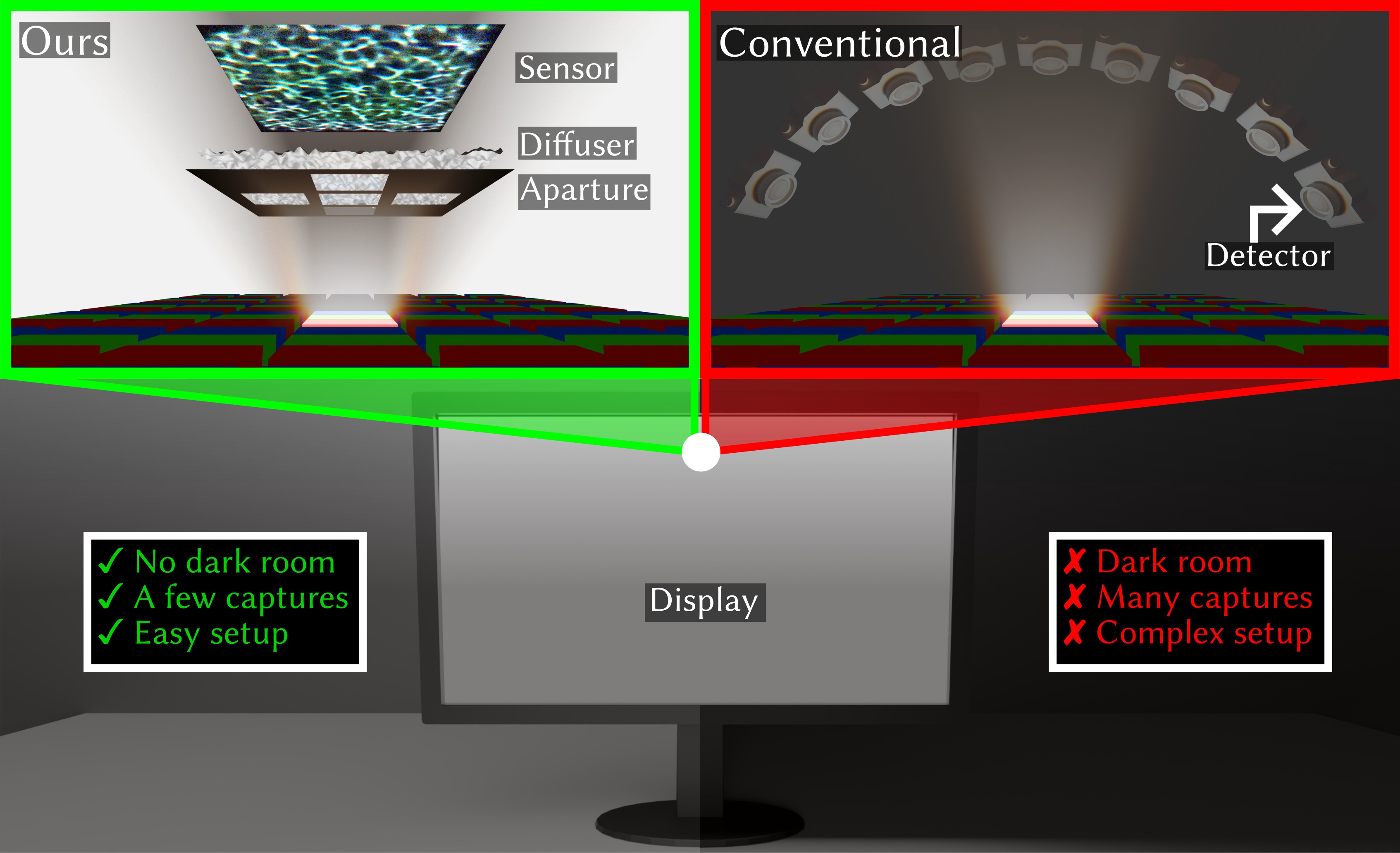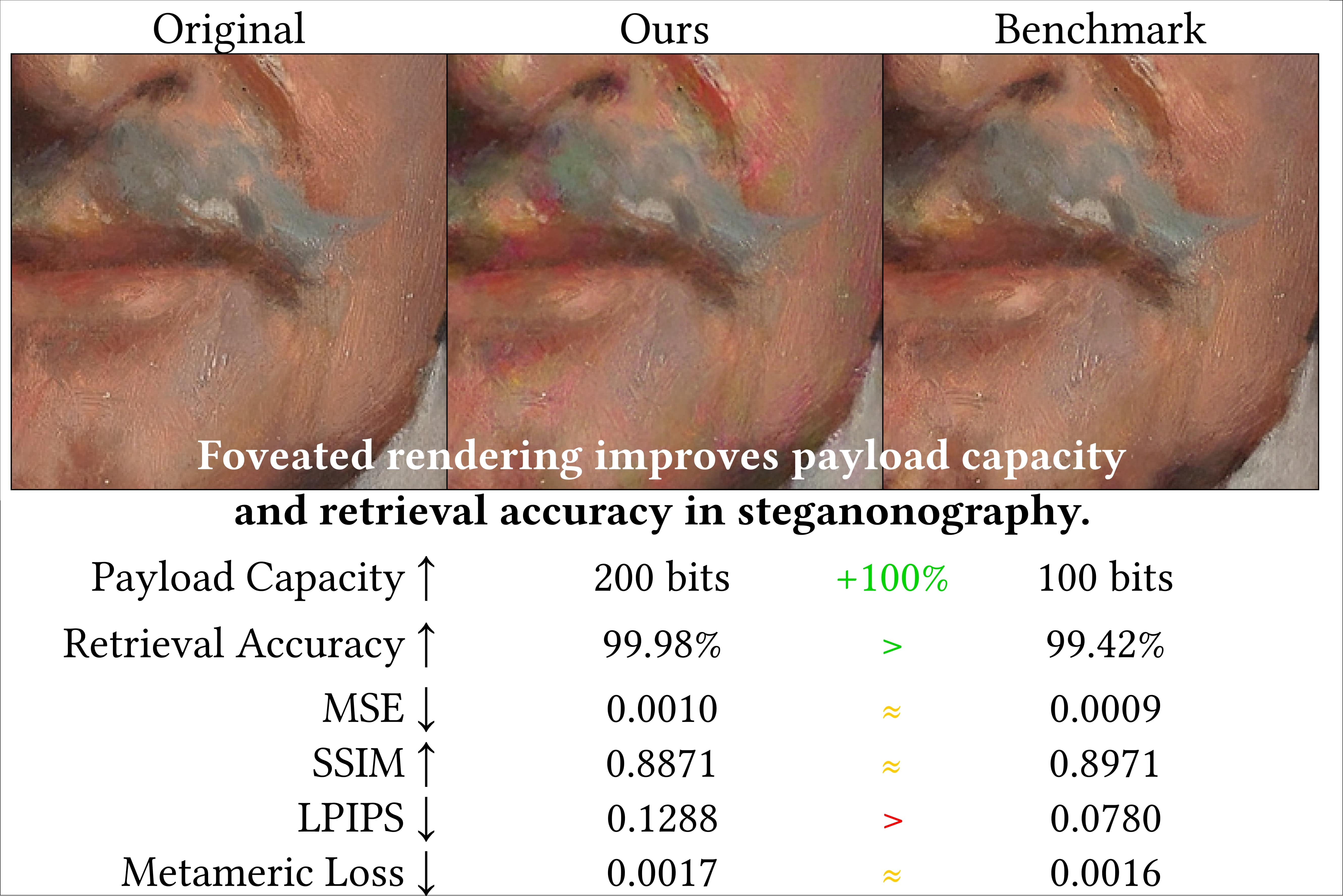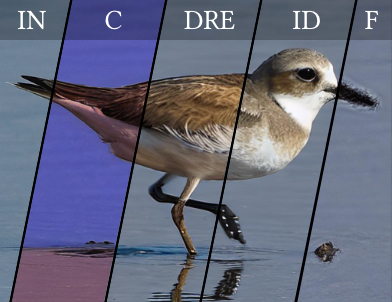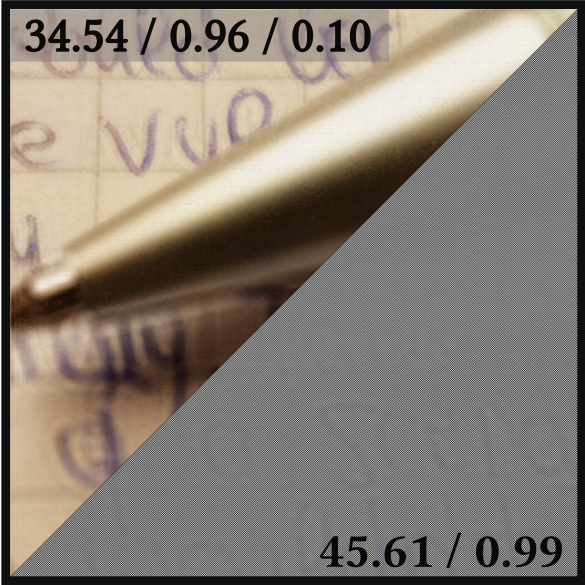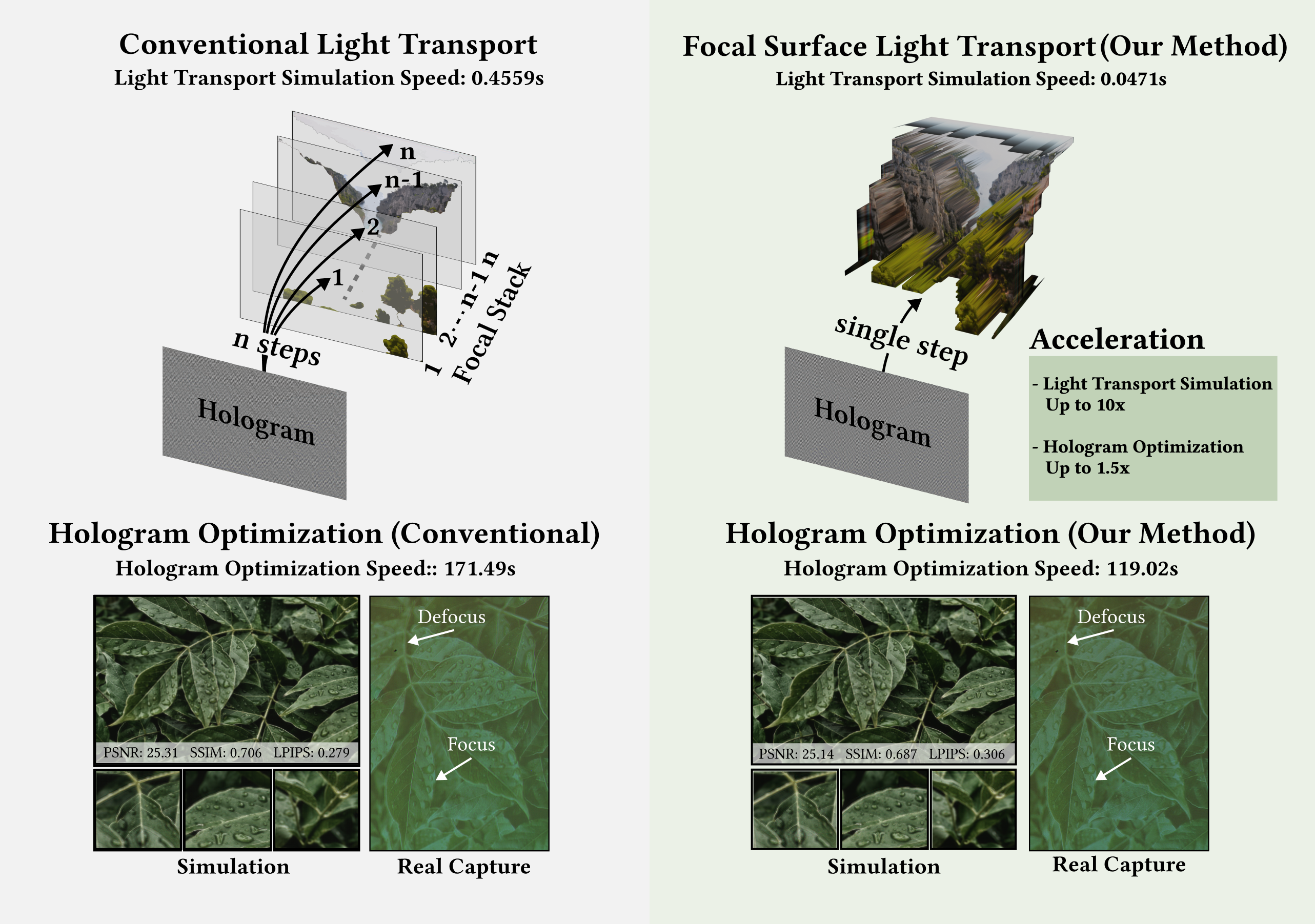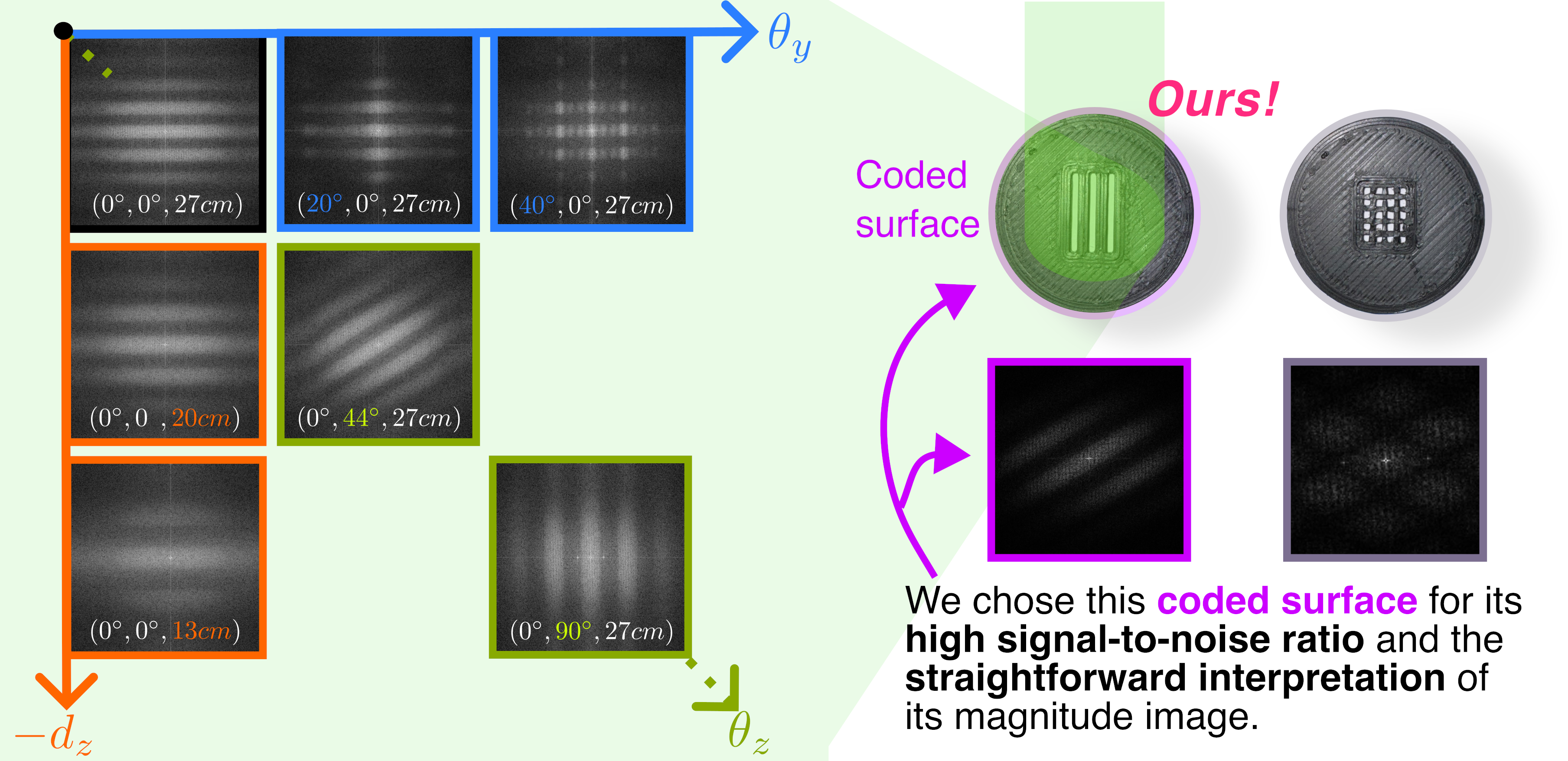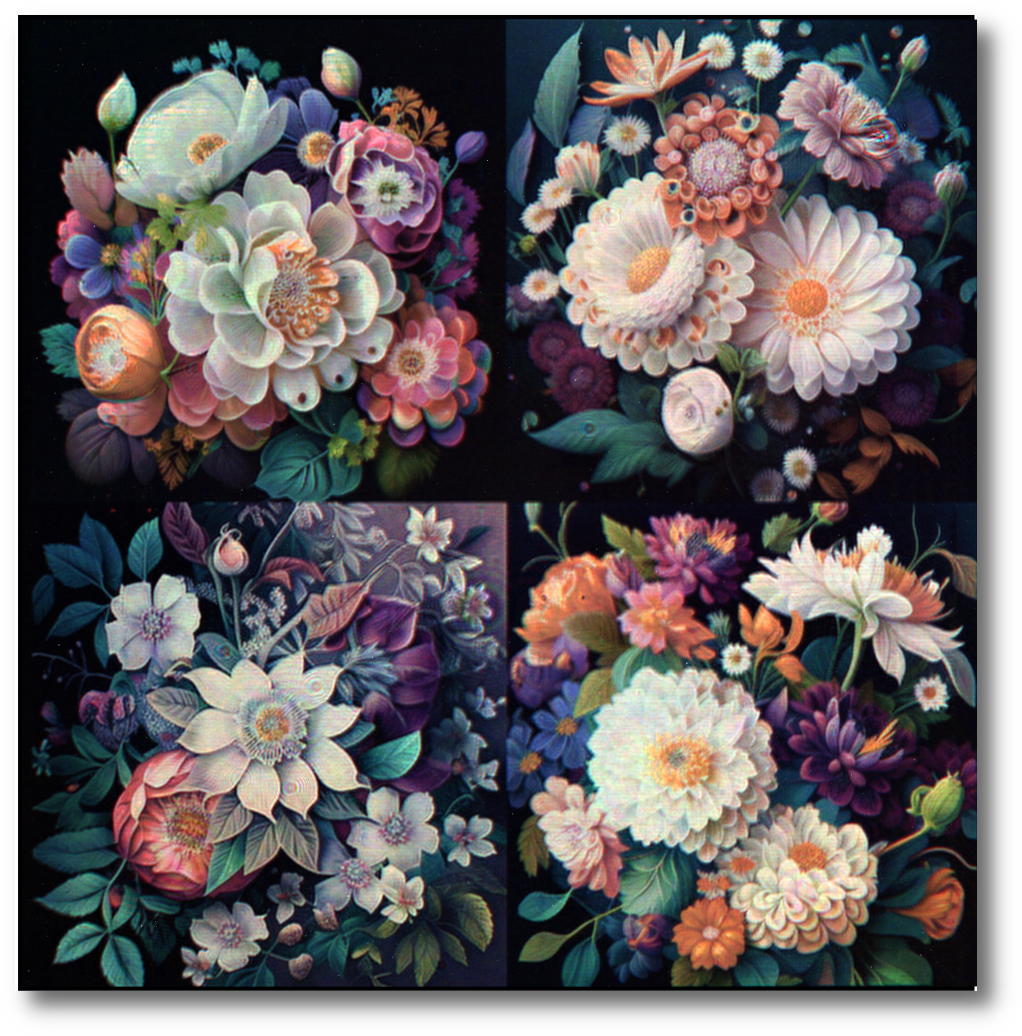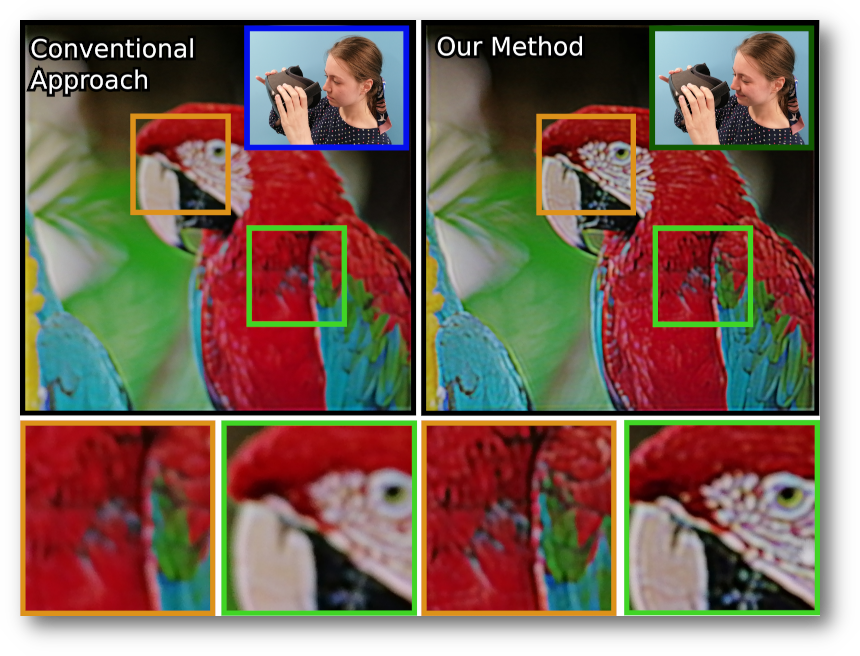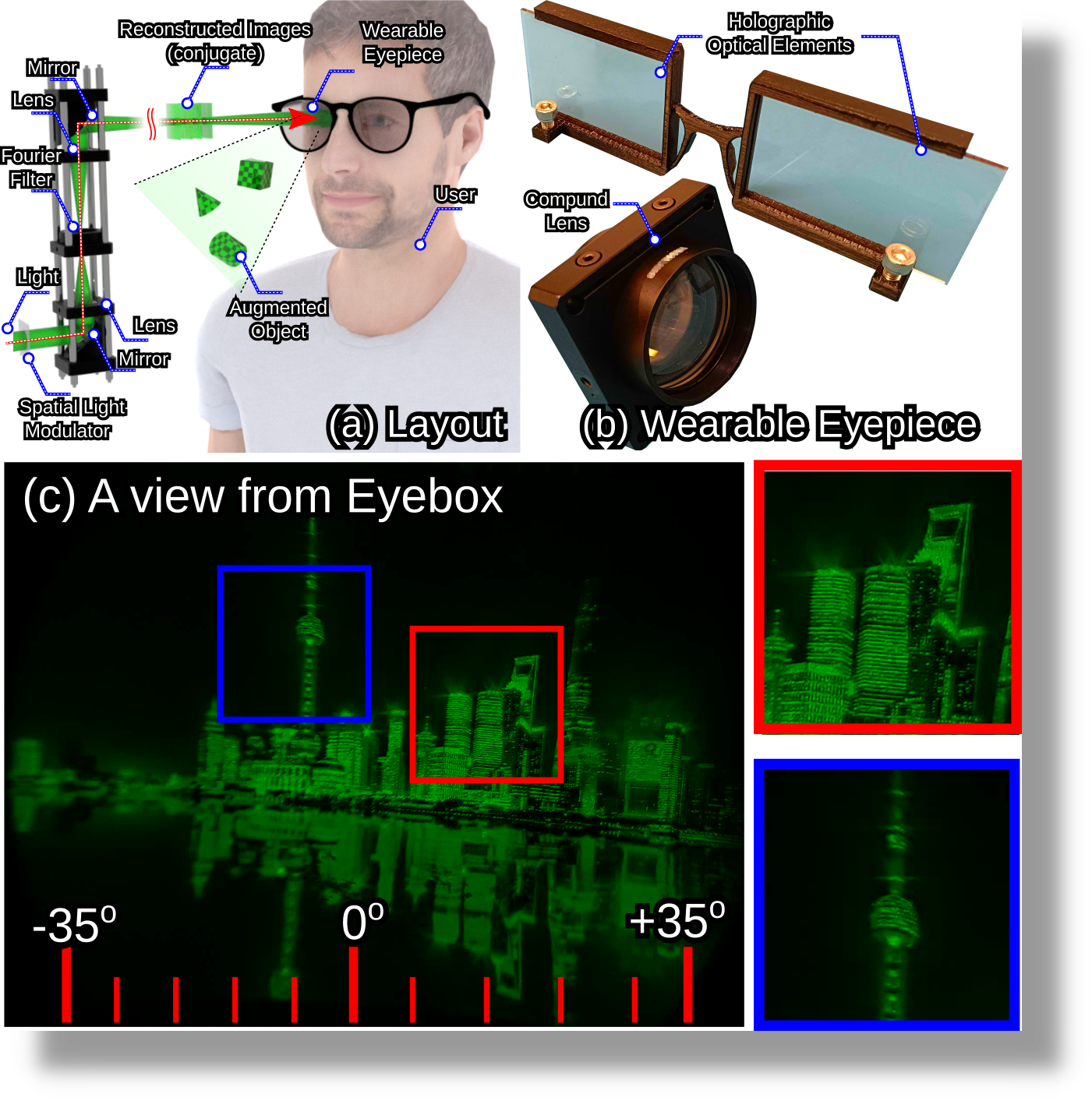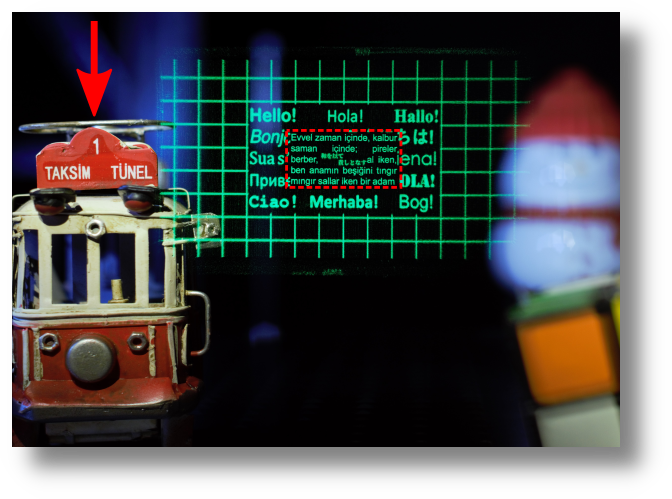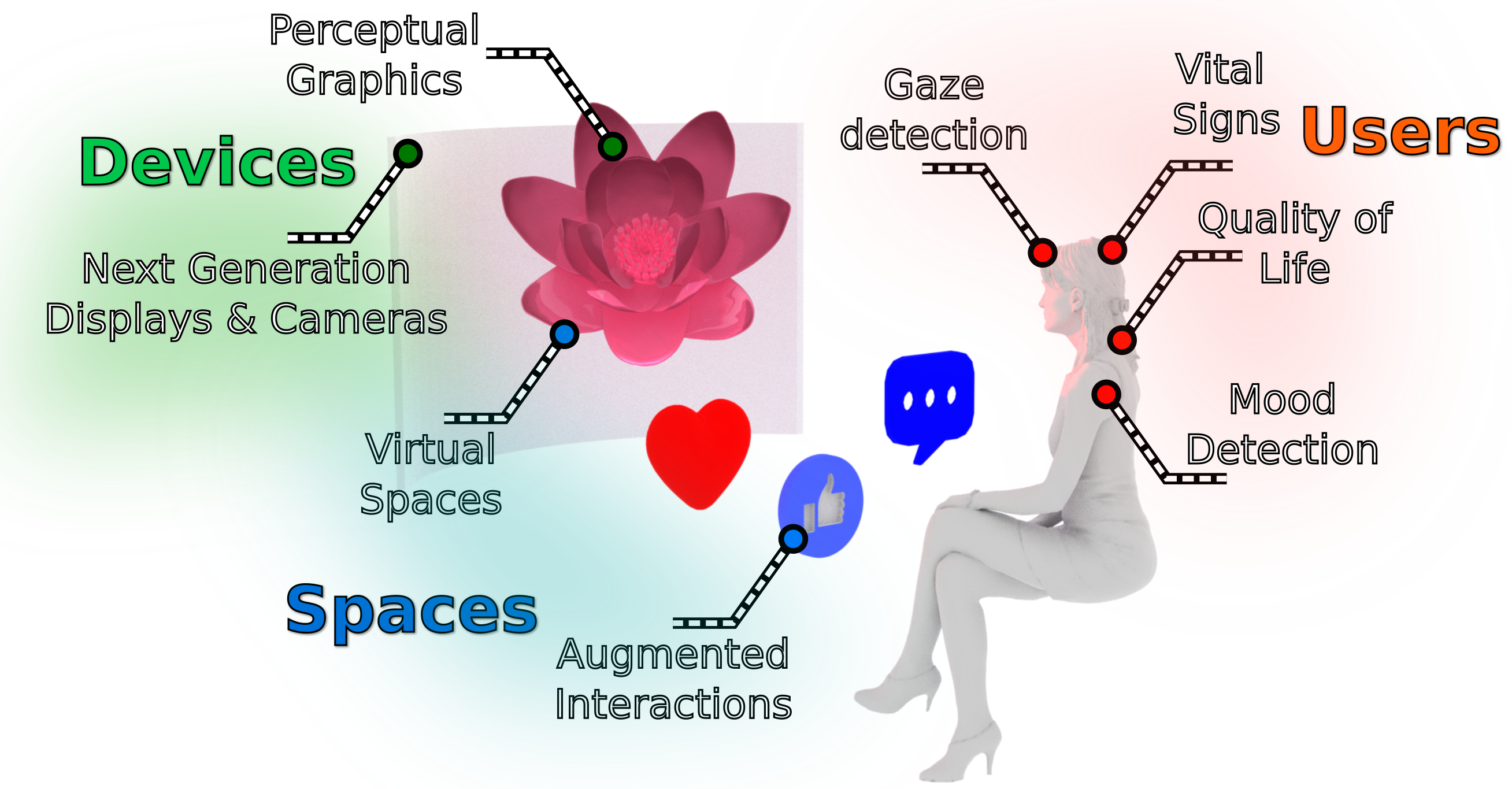Research Highlights¶
Introduction¶
Who are we?
Led by Kaan Akşit, the Computational light laboratory conducts research and development in light-related sciences, including computer-generated holography, computer graphics, computational imaging, computational displays, and visual perception. We share our scientific output in the form of published articles and papers. Our primary software toolkit to tackle our research problems is public and open-source. We host our toolkit as Odak in GitHub. We translate our scientific output to actual lecture modules, and we create useful documentation for our research and development. To read more about our recent activities, please visit our recent timeline. Our research focus in terms of applications is depicted in the below conceptual figure.
Interested in registering to our seminars and discussion group?
Our laboratory organizes weekly seminars, and hosts a research hub in the form of a public Slack group.
Where are we located?
The computational light laboratory is part of Computer Science Department at University College London.
Computational light laboratory is located at room G06, 169 Euston Road, London NW1 2AE, United Kingdom of Great Britain and Northern Ireland.
Interested in joining our research group?
If you are interested in joining our group as an intern, an undergraduate student, a master student, a Ph.D. student, a postdoctoral researher or a visiting researcher, please do not hesitate to reach out to Kaan Akşit.
